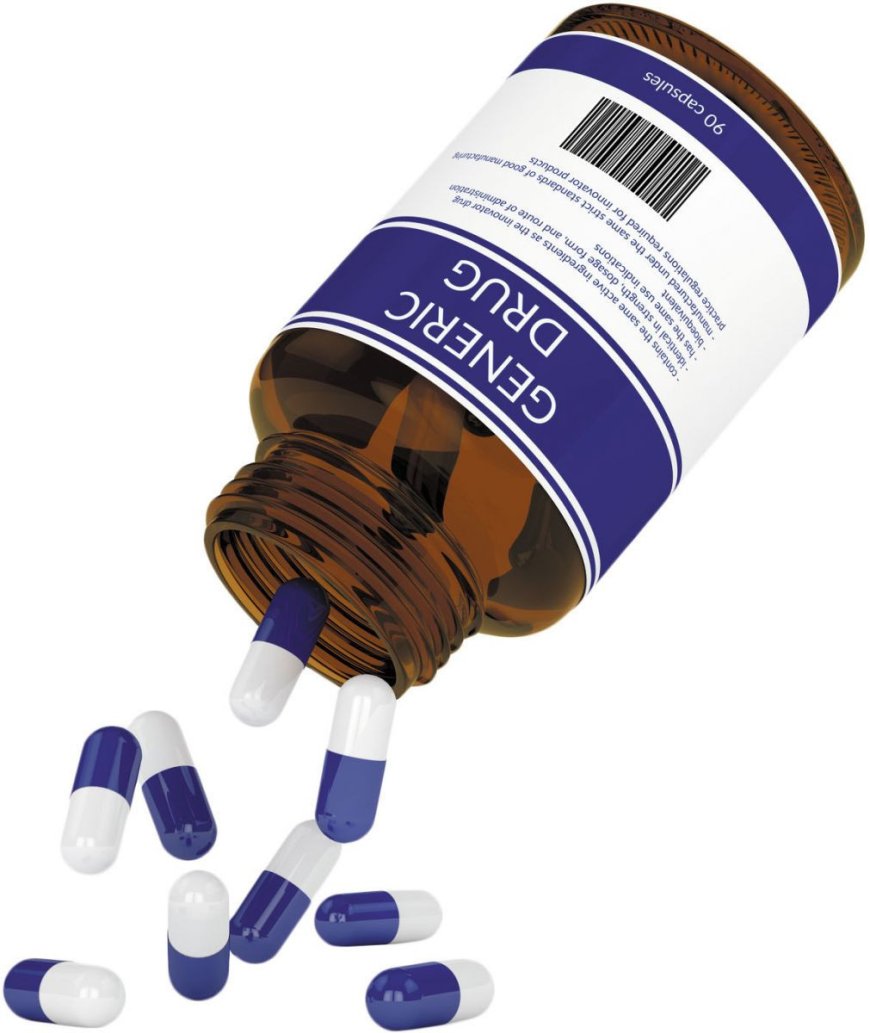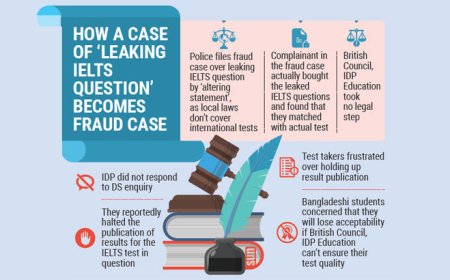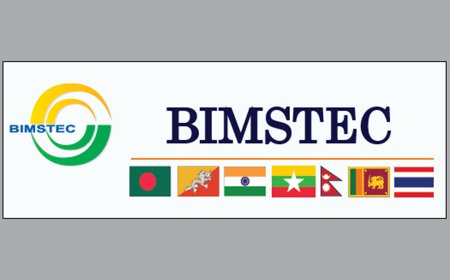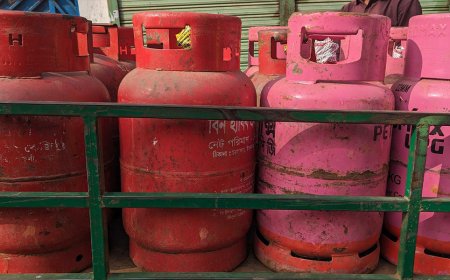It's time to transition to generic prescriptions
It's time to transition to generic prescriptions

The pharmaceutical industry in Bangladesh has made significant strides in terms of quality and international market penetration. The country exports medicines to over 150 countries, with many of its 250+ active drug manufacturers even reaching highly regulated markets like the USA. However, local citizens are unable to fully benefit from these advancements due to policy constraints that prevent doctors from prescribing medications by their generic names.
The reluctance of doctors to prescribe by generic names leaves patients vulnerable to brand-based prescriptions, influenced by the doctors' preferences. This practice raises concerns about affordability, transparency, and accessibility, particularly in a country where a large portion of the population lives in poverty.
Several factors contribute to doctors' reluctance to prescribe generics, including pharmaceutical marketing influence, perceived quality issues, ingrained habits, and a lack of awareness among patients.
The pharmaceutical sector in Bangladesh is highly competitive, with companies vying for doctors' attention. Aggressive marketing campaigns, promotional gifts, sponsored trips, and financial incentives often lead to the prescription of branded medicines. Doctors who benefit from these perks may feel obligated—consciously or unconsciously—to favor specific brands over generics.
In Bangladesh, many doctors oppose the idea of prescribing by generic names, arguing that it would leave drugstores to choose which brands to sell, potentially exposing patients to low-quality medications. This belief is based on a misconception. Generic drugs contain the same active ingredients as branded ones and are subject to strict quality control, including bioequivalence tests. These tests ensure that the generic drug's active ingredient and concentration level in blood plasma are similar to those of the branded version.
While pharmaceutical companies conduct bioequivalence tests for drugs exported to markets with strict regulations, these tests are often not performed on locally sold medicines. Resource constraints, including the high cost of conducting these tests (around Tk2 million per drug), prevent widespread adoption. Only a few institutions in the country are equipped for such testing. Expanding the capacity for bioequivalence testing could help make these tests more accessible and affordable for local manufacturers.
The medical education system in Bangladesh places little emphasis on prescribing by generic names. The curriculum focuses on branded medications, and doctors are accustomed to using brand names throughout their education and careers. Moreover, patients often trust doctors to make the best decisions for their health, rarely questioning the prescribed brand. This lack of awareness among patients also contributes to the ongoing promotion of brand-name drugs.
Switching to prescriptions based on generic names is not just a matter of convenience but a crucial step toward creating a fair and equitable healthcare system in Bangladesh. Such a shift could significantly reduce medication costs for patients, a critical consideration in a country where many live below the poverty line. Branded medications are not always available, especially in rural or remote areas, whereas generic drugs offer patients the flexibility to choose from multiple manufacturers. This shift would also help eliminate potential conflicts of interest between doctors and pharmaceutical companies, fostering greater trust in the healthcare system by prioritizing patients' well-being over corporate profits.
Adopting generic-based prescriptions could transform the healthcare landscape in Bangladesh. Many developed countries and several developing nations, including India, have already made the switch. It is high time for Bangladesh to follow suit.
What's Your Reaction?














































































